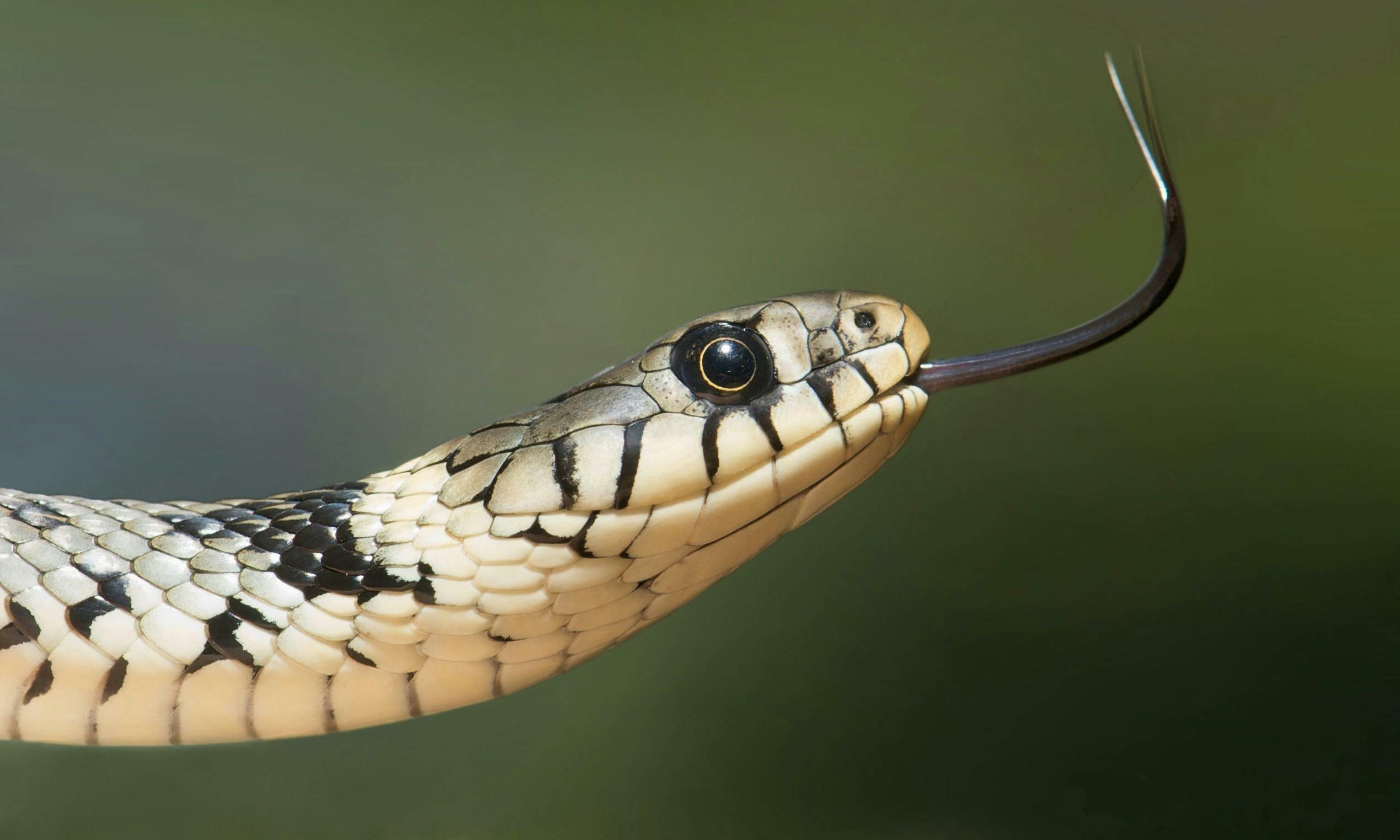Smuggling of Live Snakes Caught in Mumbai
Indian customs officers in Mumbai have intercepted a passenger arriving from Thailand carrying a hidden cargo of live snakes, marking the third smuggling incident in a month. The operation was conducted at the airport in the country’s financial hub, where officials successfully stopped an attempt to smuggle wildlife.
According to the customs agency, the passenger was arrested after officers discovered 16 live snakes concealed within their belongings. The investigation is ongoing, and further details are being examined. The snakes were found to be non-venomous or with venom that poses little threat to humans, making them popular in the pet trade.
The captured animals included various species such as garter snakes, rhino rat snakes, and Kenyan sand boas. These creatures are often sought after by collectors and pet enthusiasts, highlighting the growing demand for exotic pets. This latest seizure underscores the persistent challenge of wildlife trafficking, particularly through air routes between countries.
In early June, customs officers had already intercepted another passenger attempting to smuggle dozens of venomous vipers from Thailand. Just days later, another traveler was caught carrying 100 animals, including lizards, sunbirds, and tree-climbing possums. These incidents indicate a concerning trend in the illegal wildlife trade.
Wildlife trade monitor TRAFFIC has raised alarms about the increasing frequency of such smuggling activities, which are largely driven by the demand for exotic pets. The organization has described the situation as “very troubling” and has called for stronger measures to combat this illicit trade.
Over the past 3.5 years, more than 7,000 animals—both dead and alive—have been seized along the Thailand-India air route. This alarming number highlights the scale of the problem and the urgent need for international cooperation to address it. The continued efforts by customs agencies are crucial in preventing the illegal movement of wildlife and protecting biodiversity.
The recent seizures emphasize the importance of strict enforcement of laws against wildlife trafficking. Authorities must remain vigilant and implement robust protocols to detect and prevent such activities. Public awareness campaigns can also play a role in reducing the demand for exotic pets, which fuels the black market for wildlife.
As the global community grapples with the challenges of conservation and environmental protection, the fight against wildlife smuggling remains a critical priority. The actions taken by Indian customs officers serve as a reminder of the ongoing battle to safeguard endangered species and maintain ecological balance. Continued collaboration between nations and organizations is essential to ensure the survival of these animals and the ecosystems they inhabit.







